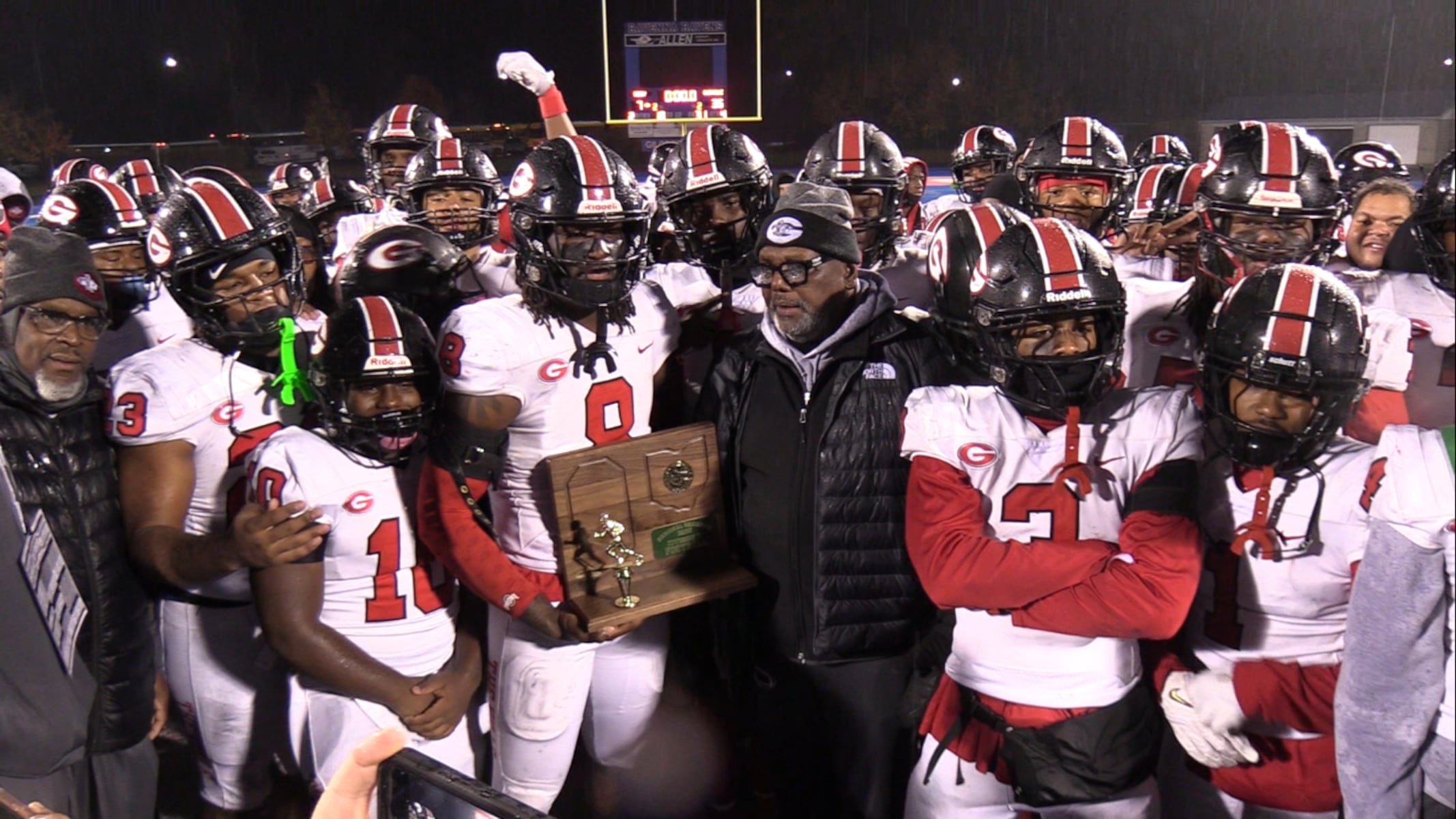UPDATE: Megyn Kelly is under intense scrutiny following controversial remarks on her SiriusXM show regarding Jeffrey Epstein. During the broadcast earlier this week, Kelly claimed Epstein should not be labeled a “pedophile,” suggesting he preferred “very young teen types,” specifically highlighting 15-year-old girls.
Kelly’s comments have sparked immediate backlash, prompting widespread condemnation from advocates and social media users alike. She referenced an unnamed source “very, very close to the case,” insisting that Epstein “liked the barely legal type” rather than children who are prepubescent. “He liked 15-year-old girls,” Kelly remarked, calling this situation “disgusting,” yet argued there is a significant difference between a 15-year-old and a 5-year-old.
This perspective was met with strong criticism, especially from The Daily Show. Host Josh Johnson played Kelly’s remarks during Wednesday night’s episode, expressing disbelief at her rationale. “How the hell was Megyn Kelly ever an attorney?” he questioned, ridiculing her argument as a form of “diet pedophilia.” Johnson further pointed out, “Everyone knows there is a big difference between a 15-year-old and a 5-year-old. But everyone also knows there is never a good reason to be talking about that difference.”
Critics on social media echoed Johnson’s sentiments, accusing Kelly of minimizing the severity of Epstein’s actions by reframing his crimes. Advocates for survivors voiced concerns that this distinction is not only harmful but also dangerous, given Epstein’s extensive history of coercion and trafficking involving minors who, regardless of age, were legally incapable of giving consent.
Kelly’s comments also included skepticism towards former Florida Attorney General Pam Bondi, who previously stated that Epstein possessed thousands of graphic videos involving minors. Kelly noted that she once believed Epstein was “an actual pedophile” but has since expressed doubts about Bondi’s reporting on the case.
As the backlash continues, Kelly has yet to respond further to the growing criticism. This developing story raises urgent questions about the implications of public figures discussing sensitive topics related to sexual abuse and consent.
The controversy surrounding Kelly’s remarks underscores a critical dialogue about the portrayal of sexual abuse in media and the responsibilities of public figures to approach such topics with care and sensitivity. Advocates emphasize that discussions surrounding consent and exploitation must prioritize the voices and experiences of survivors.
Moving forward, it remains to be seen how Kelly will address the backlash and whether further comments will be made by other public figures regarding Epstein’s abusive legacy.







